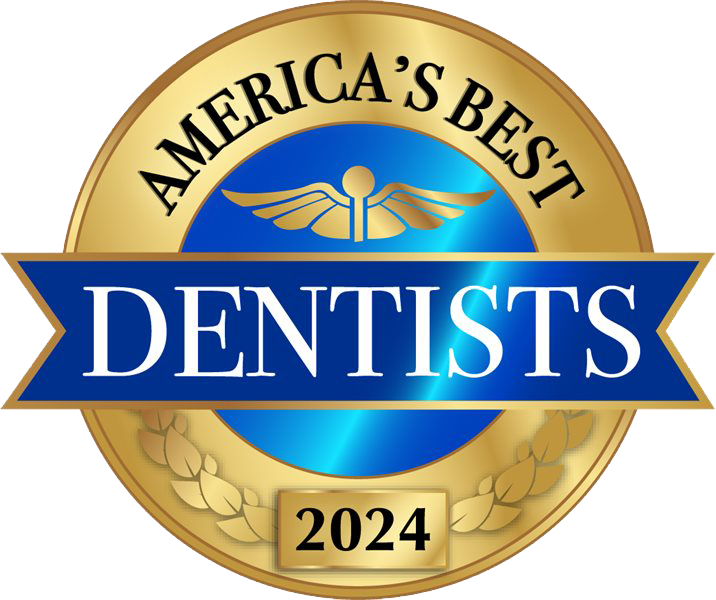The Most Common Kid’s Dental Health Questions
Cherrywood Dental • September 29, 2018
A child’s mouth continually changes as they grow. Once their teeth begin to come in, as a parent, you’ll face a variety of issues and challenges that are unique to each specific age. Sometimes the trickiest part of taking proper care of your kid’s teeth is knowing what to do and when you should be doing it.
Here are some of the most common kid’s dental health questions we hear from parents.
When Should I Start Caring For Baby’s Teeth?
Oral hygiene starts before any teeth break through the gums. Keeping your baby’s gums as clean as possible helps to get your baby used to the sensation of taking care of their mouth. Begin wiping off their gums after every meal using a damp, warm washcloth which helps to stop bacteria from accumulating on their gums
When Should I Start Using A Baby Toothbrush?
Begin brushing your child’s teeth twice a day with a soft-bristled infant’s toothbrush as soon as teeth erupt. There are two main reasons for introducing a toothbrush early on:
- Brushing your baby’s teeth helps protect them from tooth decay.
- Brushing them as soon as they pop through the gums sets your baby up with good habits. Your child will understand as they get older how vital their oral hygiene is if they recognize the rhythm of brushing two times a day, every day.
As a general guideline when brushing your baby’s teeth:
- Be gentle when brushing and don’t press down too hard with force
- Brush the front and the back of each tooth
- Use the correct amount of toothpaste for your child’s age
When Is It Safe For Children To Use Fluoride Toothpaste?
The trick to using a fluoride toothpaste is knowing how much to apply for the appropriate age of your child. Younger kids who are unable to grasp the concept of spitting are more likely to swallow their toothpaste instead of spitting it out.
For children 1-3 years old
use a rice-grain-sized amount of fluoride toothpaste.
For children 3+ years old
use a pea-sized amount of fluoride toothpaste.
At What Age Should Children Have Their First Dental Exam?
Dental professionals recommend a first dental visit by age one. The purpose of the first dental visit is to help children become more comfortable with a new environment, and it can also help to spot any potential problems early on. When it comes to saving time and money, preventative dental care is your best defense against cavities and tooth decay.
When Can Children Brush Their Own Teeth?
Kids don’t do the most thorough job of any task, so keep supervising them during brushing and flossing until it’s no longer needed. Taking a hands-on approach when teaching them will help them learn proper oral hygiene care. You should supervise your child’s brushing until they are at least 8 to 10 years old to help ward off tooth decay. Make brushing and flossing a family affair so your child can learn not only from what you tell them but from what they see you do as well.
At What Age Should Flossing Begin?
Flossing is an essential part of oral hygiene because floss allows you to reach where your toothbrush can’t. Flossing regularly can help to prevent gum disease and tooth decay. Flossing is most effective when performed at least once each day, and at night so you don’t allow the food your child has eaten during the day to sit on their teeth overnight. Beginning flossing early on in life will establish great habits.
When To Expect Adult Teeth To Appear?
Permanent teeth begin to come in around the age of 6. For some children, the first permanent teeth to emerge are often molars. By the age of 13, most of your child’s 28 permanent teeth will be in place
Choosing The Right Dental Office For Your Family
At Cherrywood Dental Associates, we pride ourselves on knowing every single patient on a personal level for the best treatment possible. Our mission is to provide healthy teeth and gums for all of our patients, at any age. Schedule an appointment with one of our two kid-friendly dental clinics today.



